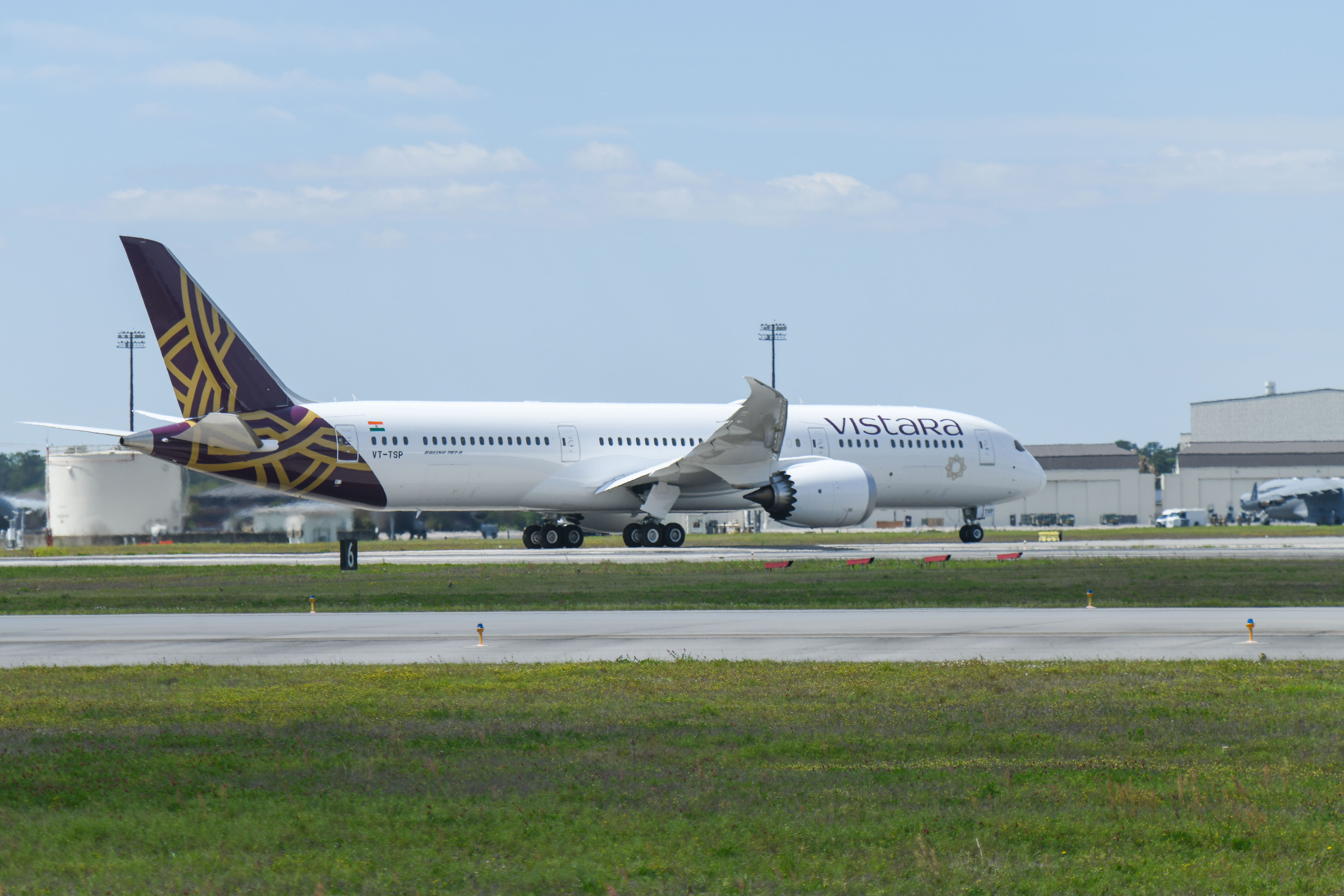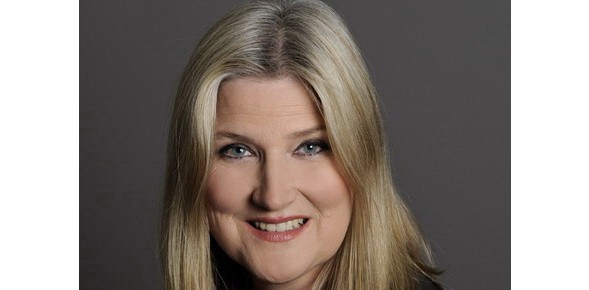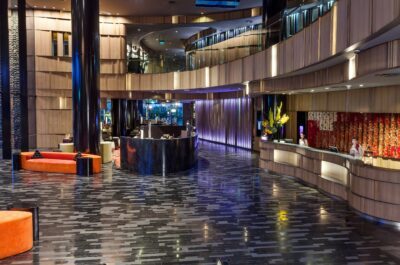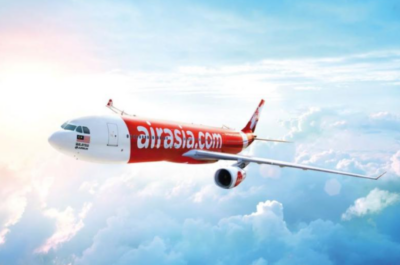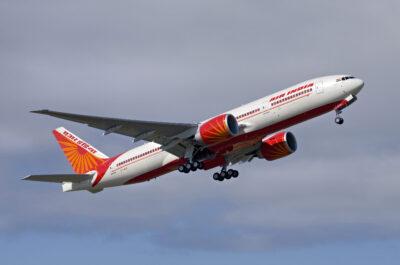Service cannot be universally great, but it should always be proactive and reflect the unique personality traits of the people in each destination.
I believe it is time for us to make some changes and adopt a new perspective on service in the tourism industry.
When done right, tourism creates benign change and is a genuine force for social and economic good around the world. And within tourism, the delivery of service is key.
Good service requires quality interaction. It should be an interaction that leaves the visitor feeling enriched or engaged with the place they are visiting. In an age of instant social media, it is now even more important. A dissatisfied customer tells between 9 and 15 people on average says a consumer affairs study from America. But if they tell TripAdvisor, that can become tens of thousands very quickly.
In our research, Southeast Asian nations are consistently seen as leaders in service. Singapore Girl is an icon. But Western cultures such as Australia, UK, Germany, USA and France, with their egalitarian traditions, often struggle to deliver a high quality service experience.
My own service experience in this area on a recent weekend away very much confirms that service is a challenge for Australia. At a golf resort on the New South Wales Central Coast I waited 40 minutes for two slices of toast, which arrived without butter, which I then had to seek.
But I don’t think Australian culture is at odds with a great service. My NSW breakfast was in stark contrast to the service experience I received shortly before in Canada (where service was universally excellent). For example, staff at the Blue Water Cafe in Vancouver pointed us to a fantastic artisan sake maker. We wouldn’t have made this discovery without the staff taking time to chat and volunteer relevant information.
Then there’s money. Does tipping help or hinder service? One theory is that if you know that you’ll earn more money you’re likely to give better service. I am sure money does play a role, but only up to a point. For example, the cabin crew on our Air Canada flight into Vancouver changed their service rotation to make sure that anyone who didn’t have a choice for dinner were served first at breakfast. As air stewards, they certainly weren’t expecting tips.
An important factor is the element of process and structure. In work I did for Tourism Queensland on service, we interviewed service leaders and saw a remarkably consistent pattern of behavior. Pulling this together with the published literature on service quality, we developed a nine-step process that any business could apply to improve its service.
Although, Singapore Airlines is famous for friendly and patient service, it actually builds that service around a series of well-drilled protocols on how to interact with guests.
Tourism Vancouver also has processes such as service quality awards that recognise individual contributions.
Another thing any destination can do is to use elements of its personality and culture to create a service style that is unique and helps create memorable interactions. The style that Canada uses is unobtrusive, but effective care for the customer. It was never about them and how great they were. It was always about how we were feeling.
Australians in the tourism industry have already considered what makes Australia unique as a country: qualities of warmth, positivity and energy. It is a genuine and spontaneous service style with energetic engagement at the behest of the customer.
But this approach could apply to any culture. For example, German style is often about quiet efficiency that provides peace of mind when travelling.
Apart from service, we need to remember practical measures: Chinese food snacks in the hotel room, signage in multiple languages at airports, ensuring that a prayer room is always available for Muslim guests, and so on.
But the combination of these with a style that authentically matches perceptions of the destination should ensure that any destination that cares about service will soon become a ‘force for good’ and build economic and social capital.
That said, I still wonder if visitors to Paris would feel that they missed out if they didn’t experience an exotic combination of high culture and rude service…
Carolyn Childs is Director at MyTravelResearch.com
MyTravelResearch.com is a market research and marketing firm specializing in the travel, tourism and aviation industries. Its specialty is providing insights that are actionable.



